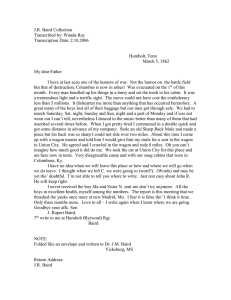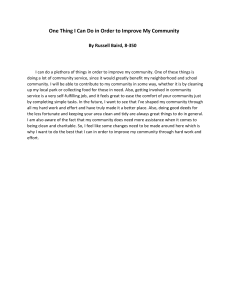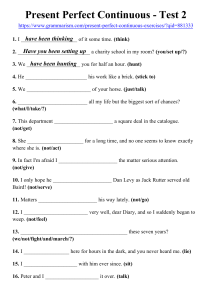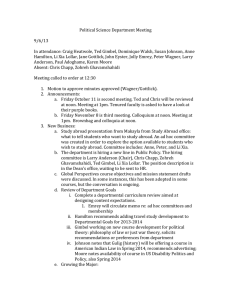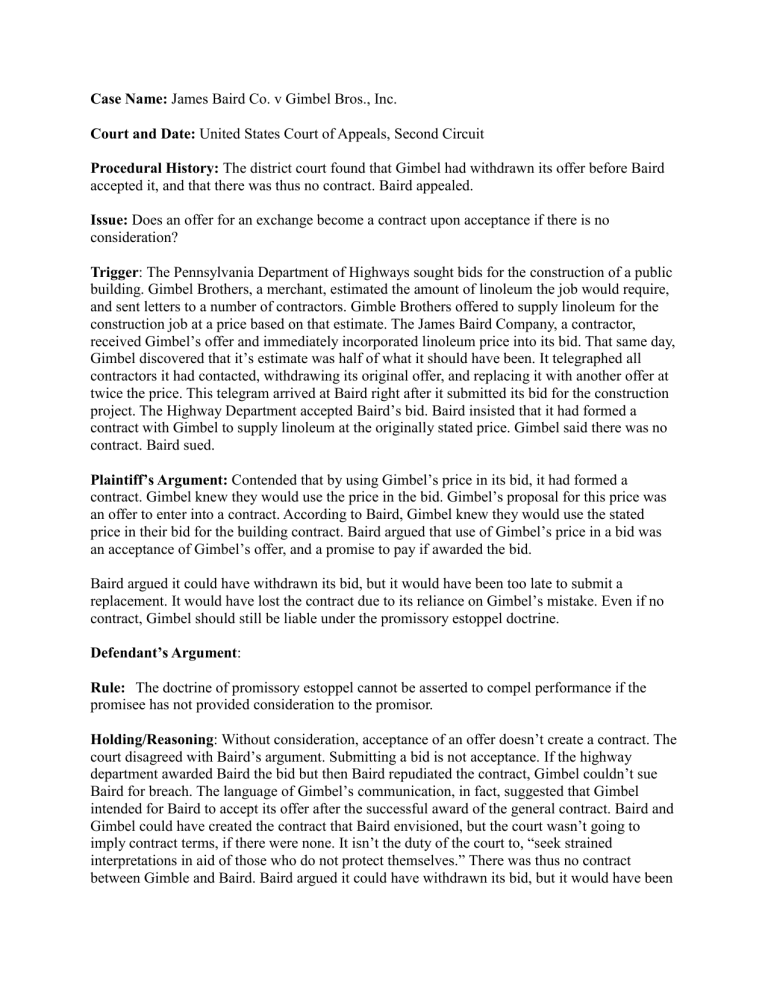
Case Name: James Baird Co. v Gimbel Bros., Inc. Court and Date: United States Court of Appeals, Second Circuit Procedural History: The district court found that Gimbel had withdrawn its offer before Baird accepted it, and that there was thus no contract. Baird appealed. Issue: Does an offer for an exchange become a contract upon acceptance if there is no consideration? Trigger: The Pennsylvania Department of Highways sought bids for the construction of a public building. Gimbel Brothers, a merchant, estimated the amount of linoleum the job would require, and sent letters to a number of contractors. Gimble Brothers offered to supply linoleum for the construction job at a price based on that estimate. The James Baird Company, a contractor, received Gimbel’s offer and immediately incorporated linoleum price into its bid. That same day, Gimbel discovered that it’s estimate was half of what it should have been. It telegraphed all contractors it had contacted, withdrawing its original offer, and replacing it with another offer at twice the price. This telegram arrived at Baird right after it submitted its bid for the construction project. The Highway Department accepted Baird’s bid. Baird insisted that it had formed a contract with Gimbel to supply linoleum at the originally stated price. Gimbel said there was no contract. Baird sued. Plaintiff’s Argument: Contended that by using Gimbel’s price in its bid, it had formed a contract. Gimbel knew they would use the price in the bid. Gimbel’s proposal for this price was an offer to enter into a contract. According to Baird, Gimbel knew they would use the stated price in their bid for the building contract. Baird argued that use of Gimbel’s price in a bid was an acceptance of Gimbel’s offer, and a promise to pay if awarded the bid. Baird argued it could have withdrawn its bid, but it would have been too late to submit a replacement. It would have lost the contract due to its reliance on Gimbel’s mistake. Even if no contract, Gimbel should still be liable under the promissory estoppel doctrine. Defendant’s Argument: Rule: The doctrine of promissory estoppel cannot be asserted to compel performance if the promisee has not provided consideration to the promisor. Holding/Reasoning: Without consideration, acceptance of an offer doesn’t create a contract. The court disagreed with Baird’s argument. Submitting a bid is not acceptance. If the highway department awarded Baird the bid but then Baird repudiated the contract, Gimbel couldn’t sue Baird for breach. The language of Gimbel’s communication, in fact, suggested that Gimbel intended for Baird to accept its offer after the successful award of the general contract. Baird and Gimbel could have created the contract that Baird envisioned, but the court wasn’t going to imply contract terms, if there were none. It isn’t the duty of the court to, “seek strained interpretations in aid of those who do not protect themselves.” There was thus no contract between Gimble and Baird. Baird argued it could have withdrawn its bid, but it would have been too late to submit a replacement. It would have lost the contract due to its reliance on Gimbel’s mistake. Even if no contract, Gimbel should still be liable under the promissory estoppel doctrine. The court disagreed. Promissory estoppel can protect a promisee who has acted in reliance from harsh results that occur if the promisor repudiates. But there was no promise here. An offer for an exchange isn’t a promise if there is no consideration. Gimbel offered to provide linoleum in exchange for Baird’s acceptance of it’s offer. It didn’t offer to provide linoleum in exchange for Baird’s bid. Gimbel’s offer could become a promise, only if Baird promised to accept the linoleum, and pay for it. Promissory estoppel therefore doesn’t apply. The court concluded that Gimbel’s offer was withdrawn before it was accepted, and there was thus no contract. Main Takeaway:
